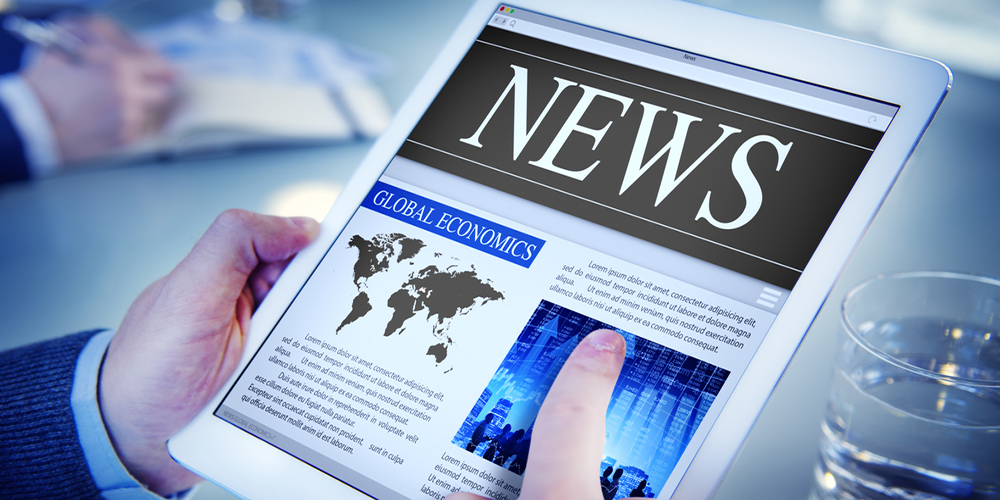DHL Supply Chain sets new industry standard in e-commerce with its European Fulfilment Network
The e-commerce boom during the global COVID-19 pandemic has increased the demand for mail order and online retail across Europe, with brand stories and smaller sales platforms having to compete against the big retailers and marketplaces. In response to this, DHL Supply Chain – contract logistics leader and part of Deutsche Post DHL Group – offers online retailers access to its European network of 30 DHL e-fulfillment centers. These strategically located sites are in close proximity to the major urban centers and parcel hubs, and offer specialization in processing, picking, packing and shipping online orders.
In this highly competitive market, speed of delivery along with produce price has come to play a critical role in consumer decision-making. More and more customers are expecting to receive their order the next day, meaning that the proximity of the seller’s warehouse to the buyer’s location is a key factor.
In light of Brexit, the new offering has become even more relevant for UK and EU companies alike. With the challenges of Brexit and the global impact of COVID-19, DHL’s customers are keen to make their supply chains more resilient, more flexible and able to respond to volume fluctuations and potential barriers in global trade lanes. Customers using the network solution have already seen significant cost savings, along with improved delivery times.
Find out more here.
Nestlé sets goal of 100% responsibly sourced coffee by 2025
Nestlé has set a goal to responsibly source 100% of its coffee by 2025 and to accurately trace coffee back to specific farmer groups through its company initiative Nescafé Plan. Nestlé has responsibly sourced 75% of its coffee and distributed 235 million coffee plants under the Nescafé Plan, which exceeded their goal of achieving 70% by the end of 2020. The company also met its goals to reduce direct water withdrawal by decreasing water use in factories and irrigation for coffee farming.
The company is also looking to reduce and remove carbon emissions from coffee sourcing and throughout its operations. Nestlé says they will use environmentally friendly packaging to reach its 2025 packaging commitment and plans of being net-zero by 2050.
Last year however, the company failed to reach its goal to rid its palm oil supply chain of deforestation by 2020. The company has since pledged to rid deforestation from its primary supply chains, transitioning to 100% renewable electricity in 187 countries, and increasing the availability of carbon-neutral brands.
Interested in reading more? Click here.
UK factory growth slows due to combined Brexit and COVID-19 pandemic
British manufacturers suffered a double hit last month as COVID-19 disrupted global shipping, combined with new trade barriers with the EU. Data from the Bank of England showed a record fall in borrowing by consumers in December, potentially paving the way for a spending rebound once the pandemic eases. But for now, the data shows the British economy is struggling in early 2021.
In other data from IHS Markit of the factory sector, it showed a hit to new export orders, signs of supply chain issues and inflation pressure. But it is predicted that the worst of the supply chain challenges are yet to come as many manufacturers are still working down stockpiles. The impact of both COVID-19 and leaving the EU could linger for many years to come.
Britain’s speedy COVID-19 vaccination program and progress by companies in adapting to Brexit held out the prospect of a pick-up in the pace of growth, but there is not swift end to the headwinds in sight, director of IHS Markit said. Input price inflation rose to a four-year high, reflecting shortages of raw material and transport delays, which led to the steepest inflation of selling prices for 28 months.
Households are expected to be in a position to start spending again once the COVID-19 restrictions are eventually lifted, but many are likely to buy foreign holidays and imported items such as new cars, which would not boost the economic output.
Click here to read more.
Have a good weekend!

